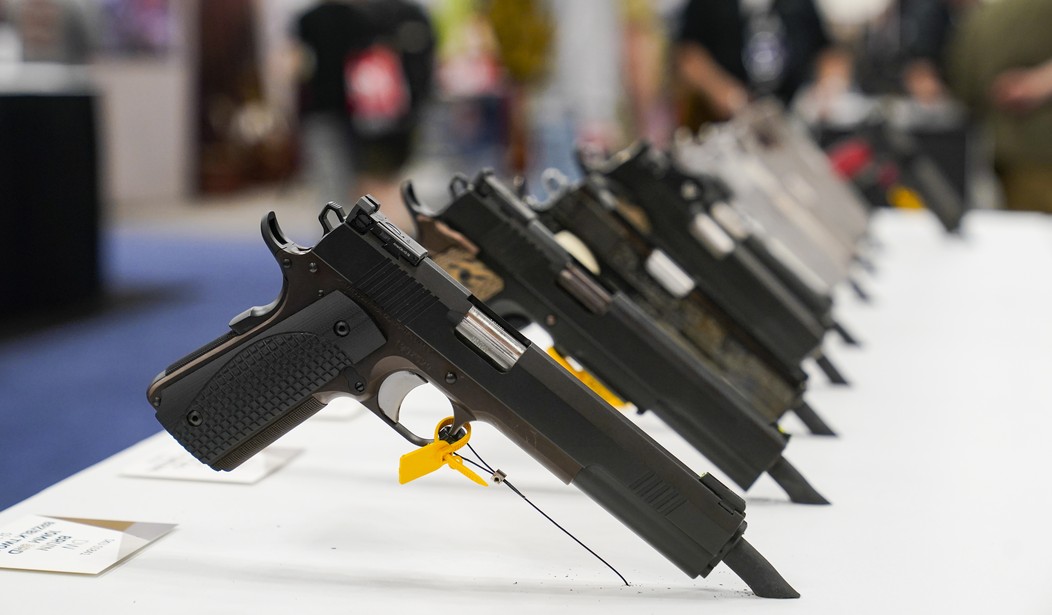If there’s a drum I refuse to stop beating, it’s in talking about mental health in regards to the Second Amendment. Mental illness is real and affects a significant number of Americans every years, many of whom own firearms.
As the single greatest cause of so-called gun deaths are suicides, it behooves us to address the issue.
But I’m never going to be comfortable with the government getting involved. There are times when we should get the courts in on things, such as when someone’s mental health makes them a clear and obvious danger to others, but a shooting in New Hampshire, followed by a court case, appears to be leading lawmakers down the wrong path.
House members will be asked Friday to support a bill that would make certain mental health records available for background checks during a gun purchase. Lawmakers from both parties argue the bill would make the state safer by prohibiting people from buying firearms if their mental illness makes them dangerous.
A recent state Supreme Court opinion stemming from a nonfatal shooting of two police officers in 2016 illustrates the limits and challenges that will remain should the legislation, House Bill 1711, pass. At the center is Ian MacPherson, whose past includes domestic violence charges, commitments to mental health hospitals, and questions about his competency.
None of that prohibited him from legally buying a gun, the court ruled.
MacPherson purchased a gun in April 2016 and shot two Manchester police officers several weeks later.
Ahead of the shooting, his family had told the police that he’d been diagnosed with schizophrenia and had “displayed on many occasions delusional behavior which should serve as a significant concern should he obtain a firearm,” according to the court’s ruling.
The family’s safety concerns are not grounds under state or federal law to confiscate a person’s guns or prevent them from buying a firearm. A so-called “yellow flag” bill that would have allowed his family or household member to ask a court to restrict access to firearms passed the House in 2020 but was vetoed by Gov. Chris Sununu.
MacPherson had not been “adjudicated as mentally defective,” which would have rendered him ineligible to own a firearm.
And, if he had schizophrenia, there might have been grounds for an adjudication.
Only it doesn’t seem that anyone took that step, which is awful, but the idea of crafting legislation because of a case like this causes problems for me.
See, there are a lot of different forms of mental illness and in many of those, there are degrees of severity. For example, someone can have some very mild depression and otherwise be perfectly functional and no risk to themselves or others. Another person may have a debilitating case and probably shouldn’t be allowed access to even sharp objects because they’re so likely to take their own life.
How does a state evaluate one’s mental health and correctly determine that someone is a risk?
Moreover, how do you do so in a way that doesn’t deter people from potentially seeking treatment for their mental health issues?
It’s easy to look at this horrific incident and determine that the state simply has to do something, but I can’t help but feel that the family already had options available and they didn’t take advantage of those. Yes, hindsight is 20/20 and all that, but opening the door for the state to look at mental health records doesn’t seem like a reasonable response.
Especially when there will be unintended consequences.








Join the conversation as a VIP Member